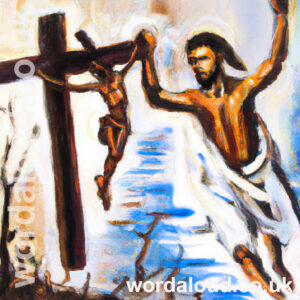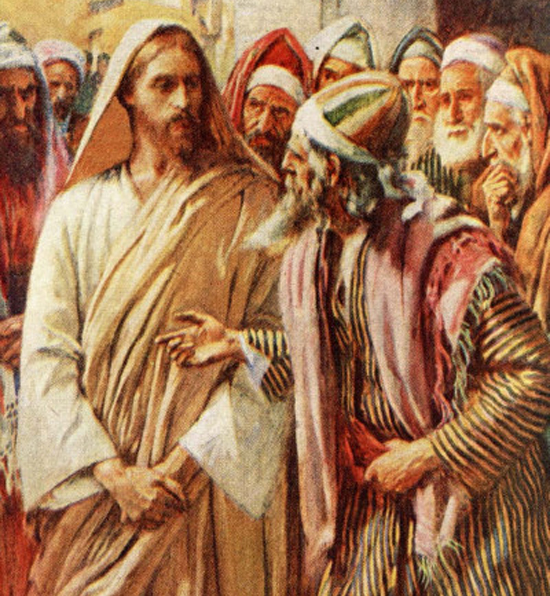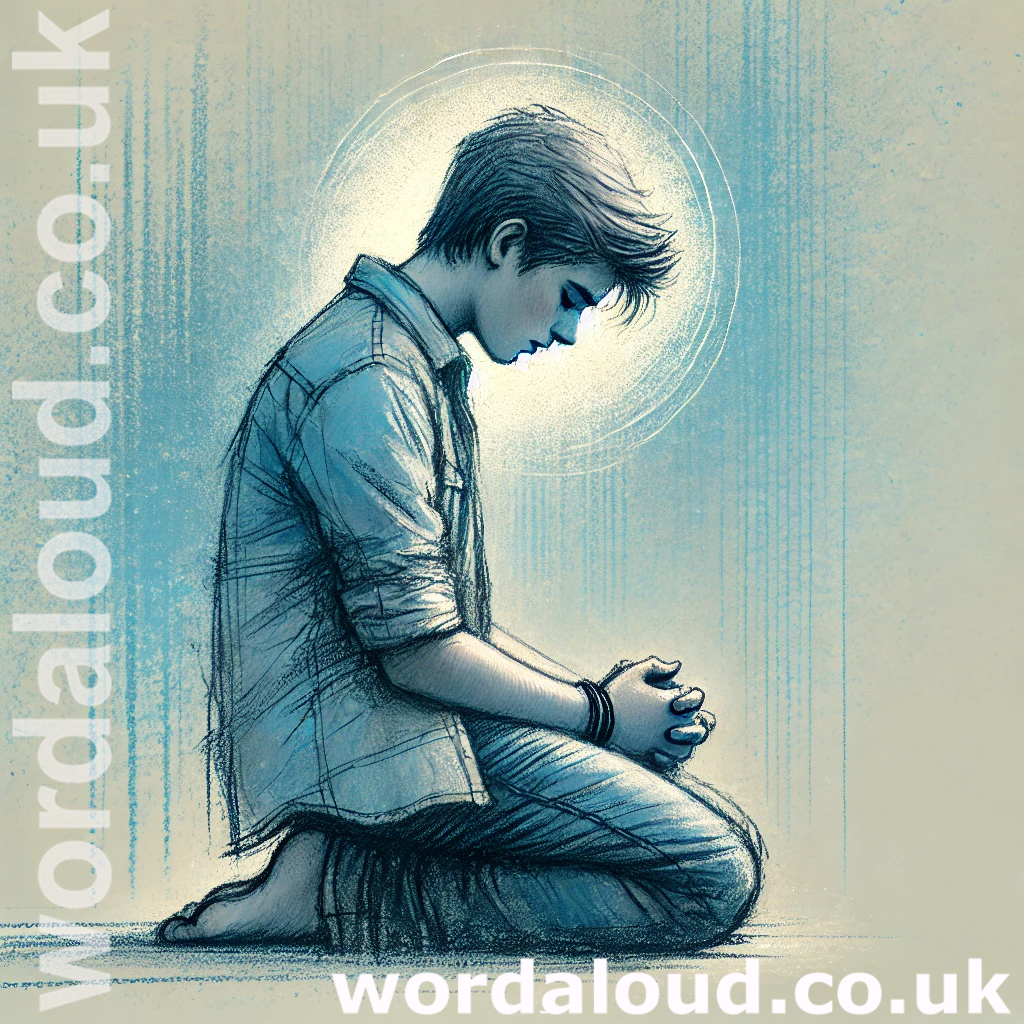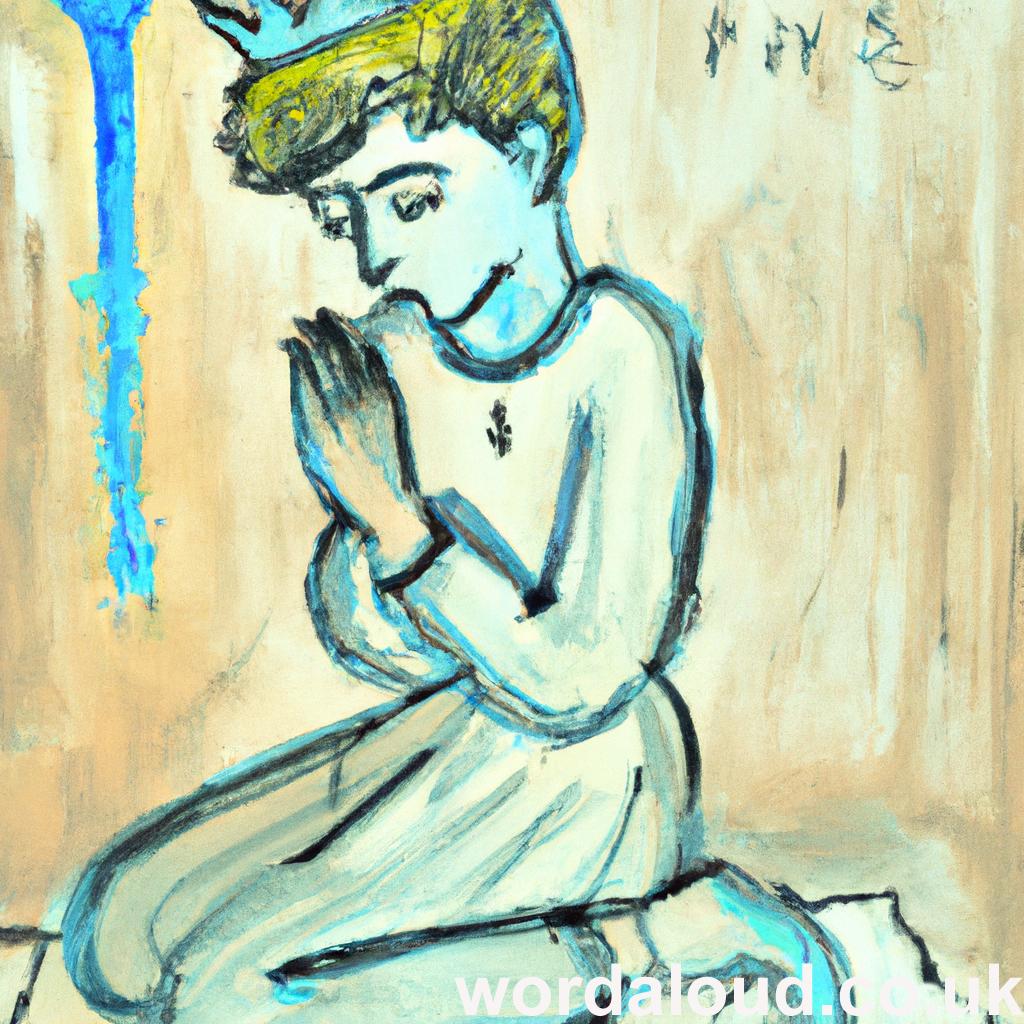Christian Art | Resurrection Of The Dead
Luke 20: 27-40 – Week 33 Ordinary Time, Saturday (Audio Bible KJV, Spoken Word)
27 ¶ Then came to him certain of the Sadducees, which deny that there is any resurrection; and they asked him,
28 Saying, Master, Moses wrote unto us, If any man’s brother die, having a wife, and he die without children, that his brother should take his wife, and raise up seed unto his brother.
29 There were therefore seven brethren: and the first took a wife, and died without children.
30 And the second took her to wife, and he died childless.
31 And the third took her; and in like manner the seven also: and they left no children, and died.
32 Last of all the woman died also.
33 Therefore in the resurrection whose wife of them is she? for seven had her to wife.
34 And Jesus answering said unto them, The children of this world marry, and are given in marriage:
35 But they which shall be accounted worthy to obtain that world, and the resurrection from the dead, neither marry, nor are given in marriage:
36 Neither can they die any more: for they are equal unto the angels; and are the children of God, being the children of the resurrection.
37 Now that the dead are raised, even Moses shewed at the bush, when he calleth the Lord the God of Abraham, and the God of Isaac, and the God of Jacob.
38 For he is not a God of the dead, but of the living: for all live unto him.
39 ¶ Then certain of the scribes answering said, Master, thou hast well said.
40 And after that they durst not ask him any question at all.
The Sadducees are explicitly held up for criticism in the Gospels less often than the Pharisees, even though they provided the elite which ran the Temple. This is partly because, with the destruction of the Jerusalem Temple in AD 70, the Sadducees were wiped out as a force in Jewish religious life and politics. The Judaism which survived, to regroup and forge a new identity, was that of the Pharisees. Consequently, when there were rivalries between Jews and Christians, it was the Pharisees with whom Christians would find themselves in conflict, and this would colour the memory of earlier times.
The Sadducees were religious conservatives, content to keep the basic commands of the Law, without the complex additional regulations which governed the life of the Pharisees. Nor had they accepted the notion of an afterlife. It was enough to enjoy rewards for virtue or suffer punishment for sin in this life – and the Sadducees were doing very well for themselves. Talk of virtuous poverty must have seemed to them nonsensical.
In these verses, the Sadducees come to Jesus to ask him a question which is intended to be unanswerable. According to levirate law, if a man died without children, his brother was duty bound to provide descendents by marrying his widow. The Sadducees seek to extend this to the point whereby, in the resurrection, the situation becomes absurd.
Jesus corrects the Sadducees’ false view of the heavenly life, telling his listeners that the ways of heaven are not those of this world. When we rise, glorified, there will be no more marriage because there will no more death. Our relations with each other will be different: we will be equal to angels and sons of God.
Jesus cites the Book of Exodus to teach his listeners further, in which God tells Moses that he is the God of Abraham, Isaac and Jacob, who then must be alive in the resurrection eternally, because God is not a God of the dead but of the living.
Lord God,
living light of eternal love,
grant that always aglow with charity,
we may love you above all else
and our brethren for your sake,
with one and the selfsame love.
Through Christ our Lord.
![]()

Audio Bible KJV | Endnotes
I Believe In The Resurrection Of The Dead And The Life Of The World To Come
The belief in the resurrection of the dead and the life of the world to come is rooted in the teachings of the Bible, which describe the resurrection of Jesus Christ and promise a similar resurrection for all believers.
The Bible gives us some information about what the resurrection of the dead will be like. In 1 Corinthians 15:51-52, the Apostle Paul writes: ‘Behold, I shew you a mystery; We shall not all sleep, but we shall all be changed, In a moment, in the twinkling of an eye, at the last trump: for the trumpet shall sound, and the dead shall be raised incorruptible, and we shall be changed.’ This passage suggests that the resurrection of the dead will be a sudden and transformative event. The bodies of the dead will be raised incorruptible, which means they will be free from the effects of sin and decay. The bodies of the living will also be transformed, so that they are suited for eternal life in the world to come.
Through Christian history, there have been statements of faith and confessions of belief that affirm the reality of the resurrection of the dead and the life of the world to come. The Nicene Creed, which is recited by Catholics and many Protestants, states: ‘We look for the resurrection of the dead, and the life of the world to come.’ This simple statement encapsulates the belief that Christians have in the reality of the resurrection of the dead and eternal life that follows.
The Church has developed a doctrine of the resurrection of the dead and the life of the world to come, which is summarized in the Nicene Creed. This doctrine teaches that at the end of time, there will be a general resurrection of the dead, in which all people will be raised with their own bodies. These bodies will be transformed and glorified, and they will be reunited with their souls. The resurrected bodies will be suited for eternal life in the world to come, and they will be free from effects of sin and decay.
Protestant tradition also affirms the reality of the resurrection of the dead and the life of the world to come. For example, the Westminster Confession of Faith, which is a statement of belief for many Reformed and Presbyterian churches, states: ‘At the last day, such as are found alive shall not die, but be changed: and all the dead shall be raised up, with the selfsame bodies, and none other, although with different qualities, which shall be united again to their souls forever.’ (Westminster Confession of Faith, Chapter 32)
The Bible teaches that the resurrection of the dead and the life of the world to come will be a time of judgment, in which all people will be held accountable for their deeds. In Matthew 25:31-46, Jesus describes the scene of the final judgment, in which the Son of Man separates the sheep from the goats. Those who have shown kindness and compassion to others are welcomed into the kingdom of heaven, while those who have failed to do so are condemned to eternal punishment.
The concept of eternal punishment is a difficult one, and has been the subject of much theological debate throughout Christian history. Some have interpreted the Bible to mean that eternal punishment is a literal, physical torment that lasts forever. Others have argued that eternal punishment is a separation from God, and the pain that this causes is spiritual rather than physical.
No matter differences in interpretation, one thing is clear: belief in resurrection of the dead and the life of the world to come should inspire Christians to live our lives of love, service and righteousness. As the Apostle Paul writes in 1 Corinthians 15:58: ‘Therefore, my beloved brethren, be ye steadfast, unmovable, always abounding in the work of the Lord, forasmuch as ye know that your labour is not in vain in the Lord.’ Christians are called to work tirelessly for the kingdom of God, knowing that their efforts will be rewarded in the life to come.








